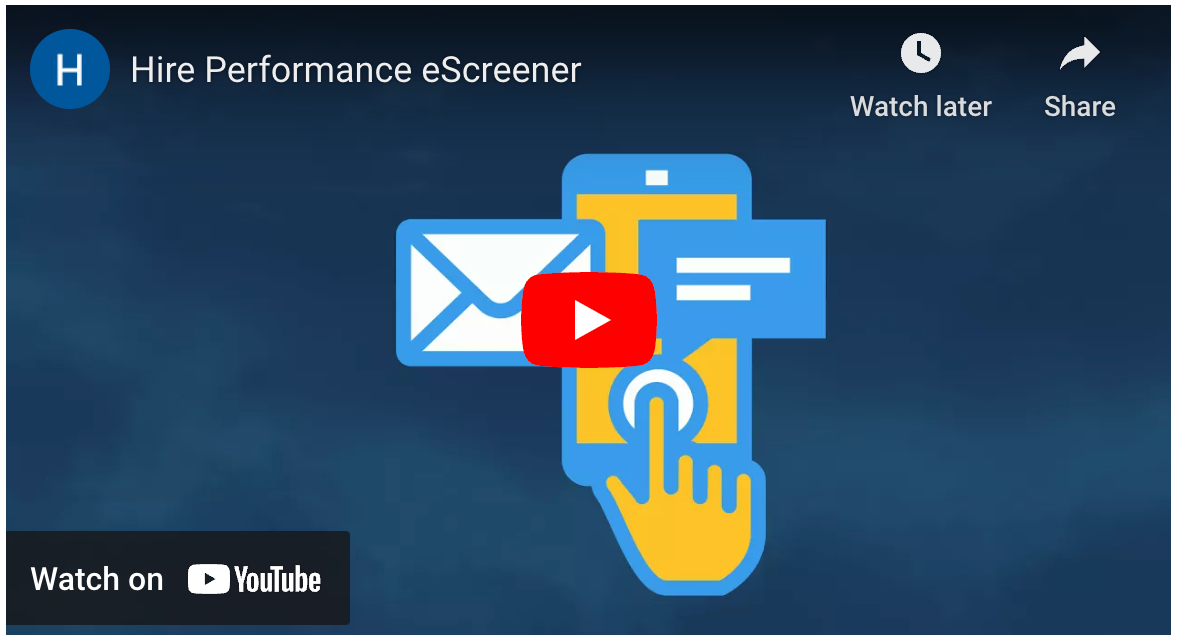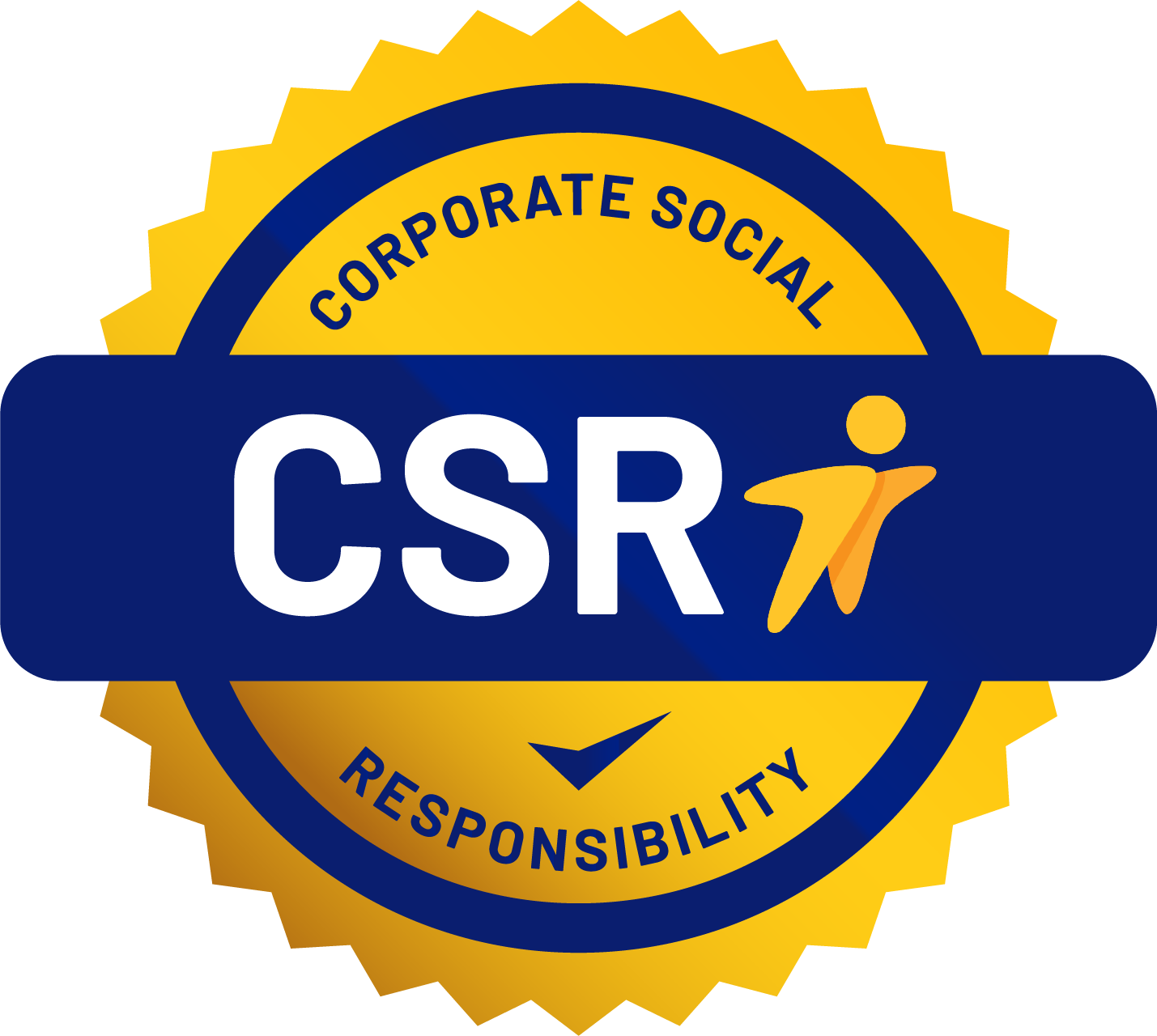eScreener Login
Contact Us
Address
3075 14th Avenue, Suite 213
Markham Ontario
L3R 0G9
Toll Free
Telephone
Fax
Contact Us or Call Us
Toll Free
1-888-874-1114
How to Identify Diploma Mills with Education Verification | Hire Performance
In 2017, it was found that more than 800 people in Canada were linked to purchasing a diploma from a diploma mill. It pays to know who you’re hiring, especially when education determines whether an applicant makes it or breaks it in a competitive job market.
Thousands of employers fall victim to hiring applicants with fake credentials every year.
Unfortunately, sophisticated websites make it easy for bogus companies to masquerade as bonafide educational institutions, turning honest applicants into fraudulent hires. Diploma mills take advantage of unsuspecting applicants and put companies that hire these candidates at risk of non-compliance, lawsuits, liabilities, a ruined reputation, and more.
Read on to learn;
- What a diploma mill is,
- Why they’re a growing liability,
- How to identify them,
- How education verification keeps your organization safe.
What is a Diploma Mill?
A diploma mill, also called a degree mill, is a money-making scheme that sells fake diplomas and transcripts. Some mills pose as fake universities or colleges and scam enrollers with useless information, while others don’t hide the fact that they create novelty diplomas. Sadly, many unsuspecting candidates fall victim to diploma mill scams because they’re not easy to spot with professional names, websites, and certificates.
Diplomas from credible-sounding colleges can easily dupe hiring organizations and employers into thinking they’re authentic. But, in reality, the certificate is fake, and the candidate has no real experience or knowledge in that specific discipline.
With an estimated
400 diploma mills operating in the United States with annual sales of $200 million, fake diplomas are available everywhere. Costing anywhere from hundreds of dollars to thousands of dollars, these diploma mills offer:
- Bachelor’s degrees
- Master’s degrees
- Doctoral degrees
- Ph.D.’s
- High school diplomas
- GEDs
The deception goes far beyond prospective employers, hiring organizations, and the students who engage in the act. The deceit also trickles down to the unsuspecting customer, client, patient, etc., believing they’re dealing with an accredited expert.
The risk of hiring someone with a “certified” education from a diploma mill is substantial. Think about nurses dealing with patients, teachers working with students, or a financial institution where the CFO has no real accounting education. Let’s put it into perspective with real-life examples:
- A school superintendent in Huntsville, Alabama, had a Ph.D. from a Middle Eastern diploma mill.
- A Baltimore police detective was relieved of his duties after discovering a fake diploma in his file history.
- A health system organization in Fort Lauderdale, Florida, hired a CEO whose master’s degree came from a diploma mill.

Diploma Mills Are a Growing Liability for Employers
It makes no difference to you as an employer whether a student willingly accepts a diploma or degree from a diploma mill or genuinely believes their degree is real. Either circumstance has the same repercussions for your organization — liability.
Discovering that an employee you hired is a fraud is very disheartening — especially when you learn that they intentionally deceived you. Fraudulent credentials mean improper education and training, which poses a risk to your organization, customers, and the general public.
Consider unfathomable scenarios where an engineer designs a bridge, and it collapses. Or an accountant creates tax liabilities. During the ensuing investigations, you learn that their credentials are bogus, and you, as the employer, are held accountable — the importance of credential verification becomes very clear.
It’s common for employers to reward educational achievements with higher salaries, but what price do you pay when the achievement comes from a diploma mill? Properly vetting your candidates with education verification is crucial to avoiding this trap. Here are some potential red flags on application forms, resumes, and CVs:
- Ensure their degrees are in practical order with all the right pieces. For example, you can’t have a master’s degree without a bachelor’s degree first.
- Education takes time. If you add up their degrees and the timeline seems short, probe further.
- If you’re unfamiliar with any listed colleges or universities, verify them. And look carefully. Some diploma mills use spin-offs of real educational institutions.
- Verify that the applicant lived where they claim to have gone to school. Confirm all online or distance-learning institutions and verify the degrees or diplomas through accreditation verification processes.
Use these tips when doing
credential verification to ensure your screening processes are solid and have merit:
- Use a legitimate accrediting agency when confirming a school’s accreditation.
- Don’t trust the phone number for the listed education institutions; Google it yourself. Diploma mills typically have someone answering their phones when a call comes in for education verification.
- Do a cross-reference check with known diploma mills. These lists constantly change, so ensure you’re cross-referencing a current one.
- Requesting a copy of a diploma from an applicant is no longer good enough — contact the school directly for the most reliable information or use a service like Hire Performance’s Education Verification to do it for you.
- When cross-referencing, always document your data: first and last name of who you spoke with, their title, and their contact information. You should also ask them to email you while you’re on the line with them; their willingness to go above and beyond helps to verify their integrity.
How to Identify Diploma Mills
As online and distance-learning universities play a significant role in education, you must minimize the impact on your business by understanding how to identify them and keep them out of your organization.
But with hundreds of diploma mills and thousands of credible higher learning institutions across the globe, how can you tell who’s legit and who’s not? Besides well-known institutions like Harvard, Duke, and Penn State, others may sound recognizable, but the spelling is usually off. For example, the accredited La Salle University name reads LaSalle University through a diploma mill. Most employers don’t look at this closely and can easily miss it without a thorough investigation.
Determine if an applicant has a degree from a diploma mill using reliable sources for education verification and looking for telltale signs.
No Accreditation
A list of recognized higher education institutions in Canada is available on the Canadian Information Centre for International Credentials website. Some diploma mills create their own accreditation bodies to look legitimate or may indicate that they’re a licensed education service, but that isn’t the same as being accredited.
Tuition is Per Degree
Rather than charging tuition by the course like accredited schools, diploma mills charge by the diploma or degree with lump-sum fees ranging from $50 for a high school diploma to $5,000 or more for a doctorate or Ph.D.
Degrees Earned Too Quickly
Diploma mills typically hand out degrees without their students taking classes, practicum, or exams. The candidate signs up, pays a fee, and receives a diploma or degree in days or weeks rather than months or years.
School Acceptance Not Based on Academics
Accredited schools require candidates to submit documents detailing their academic abilities, such as high school transcripts, letters of reference, and standardized test scores. Diploma mills keep up their ruse by basing acceptance on resumes and transferring work and life experience into a degree. Sometimes, there’s no coursework involved, and other times, they may require a short essay or exam that’s impossible for the applicant to fail.
Suspicious Address
A diploma mill won’t have a campus or a street address. They usually operate from a P.O. box or an email address. Some say they’re abroad, making them exempt from Canadian and US standards and claiming to have international accreditation.
No Staff or Faculty
Diploma mills will entice applicants with impressive websites, but they’ll lack a list of instructors, their qualifications, experience, and areas of expertise.
Confirmed and Identified as a Diploma Mill
When in doubt, hundreds of fraudulent diploma mills have been identified and reported to GetEducated’s independent Diploma Mill Police list.
Why Education Verification is Important
Education verification is a crucial part of the candidate screening process. Skipping it can result in hiring applicants who are untrustworthy and unqualified, risking other employees, customers, lawsuits, and other catastrophes.
These days, many employers feel rushed to hire due to the labour shortage and lack of top talent. A professional screening company can complete a comprehensive educational background check that offers you peace of mind by confirming the following:
- Schools attended
- Dates of attendance
- Degrees earned
- Licenses and certificates
- And more
Expose Risky Diploma Mills With Education Verification From Hire Performance
Minimize the risk to your company, employees, and customers by partnering with a trusted education verification professional — Hire Performance. Whether you’re hiring hundreds, dozens, or just a few new candidates, it only takes one fraudulent applicant to put you and your business at risk.
Hire Performance is a Canadian leader in
background checks, including North America Criminal Record Checks (CPIC, PIP) and International Investigative Reference Reports, Criminal Record Checks, Employment Verifications, Driver Abstracts, Education Verifications, and other pre-employment screening services.
Ask about our seamless process with
eScreener, allowing quick turn-around times with enriched reports accessible on the go and around the world.

Industry Leading Technology for Background Checks & Screening
eScreener uses Kount Identity Verification™ technology to verify identity with confidence. This technology cross checks applicant information against Equifax and 3rd party data sources to validate an identity and to determine whether that identity has been reported as misused or associated with potential fraudulent activity. This is done in real time by accessing millions of records, providing instant results in our eScreener.
WHY CHOOSE HIRE PERFORMANCE?
Pre-Employment Screening Benefits
Our industry leading expertise and cutting edge technology help organizations detect potential risks such as resume fraud, criminal convictions, and past terminations.
Start protecting your company now.
We want background screening to be a seamless process for you. We’ve developed eScreener to allow quick turn around time and make report information accessible from anywhere to clients around the globe!

Start protecting your company now.
We want background screening to be a seamless process for you. We’ve developed eScreener to allow quick turn around time and make report information accessible from anywhere.

CONTACT US
Address
3075 14th Avenue, Suite 213
Markham Ontario
L3R 0G9
Toll Free
Telephone
Fax
Hours of Operation
Mon – Fri: 9am – 5pm EST
SERVICES
INDUSTRIES
ABOUT HIRE PERFORMANCE
Hire Performance Inc. (HPI) is a Canadian owned and operated pre-employment screening company servicing the globe, specializing in providing reference checks, criminal and credit checks and our paperless eScreener platform. Screening for the best people is integral to the success of any organization – Hire Performance is dedicated to helping you do just that.
HPI NEWSLETTER SIGN-UP
Sign up to the HPI Newsletter and get updates directly to your inbox!
All Rights Reserved | Hire Performance Inc. (HPI) | Privacy Policy | Website Design by Plasmid144 Digital Marketing

All Rights Reserved | Hire Performance Inc. (HPI)
Privacy Policy | Website Design by Plasmid144 Digital Marketing









